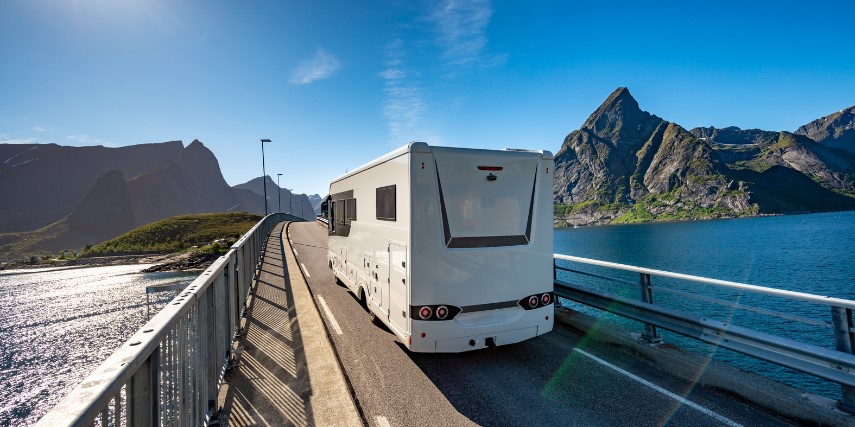


Few experiences are more frustrating for RV owners than turning the key and being met with silence instead of the engine turning over. While the cause may be as simple as a dead battery or an empty fuel tank, it can also stem from deferred maintenance, such as neglected spark plug replacement or something more complex, like a faulty starter.
Additional common culprits include blown fuses, defective relays, a failed ignition coil or coil pack, or deteriorated spark plug wires. In more severe cases, engine failure to start may be linked to issues with the crankshaft or camshaft, particularly when a position sensor malfunctions.
A regular list of RV maintenance tasks can help you avoid these issues.
Where to Begin?
One of the first places to start with RV maintenance is the battery system, as it plays a critical role in both engine ignition and overall functionality. If you find that the interior lights fail to illuminate upon entering the cab, there’s a strong possibility the battery is either discharged or no longer holding a charge.
In many cases, the underlying issue is a worn-out battery that has reached the end of its service life. Ideally, you’ll only need to recharge it; however, replacement may be necessary. To avoid unexpected breakdowns, your routine RV maintenance checklist should include regular battery testing to assess remaining capacity and ensure timely replacement before it becomes a liability on the road.
Spark Plugs
Your spark plugs play a vital role in the proper firing of your engine, but the gap between the diodes where the spark occurs can become corroded. These problems might begin as a misfire that you feel or hear when you’re cruising down the road or when idling, which is called a rough idle.
Neglecting to inspect and replace spark plugs can lead to reduced fuel efficiency, increased emissions, and progressively harder engine starts. To maintain optimal performance, this task should be prioritized near the top of your RV maintenance checklist.
Faulty Starter
When you have power, but your engine won’t turn over, it could be your starter. The starter is an electric motor that cranks the engine, so when it fails, you might hear a clicking sound or nothing at all when you turn the key in your ignition.
If you’ve noticed a slow start lately, your starter could be on its way out. Also, if your RV is seven years old or older, or has 100,000-plus miles on it, now is the time to have the starter checked, as it could be time for a replacement.
There are many RV maintenance tasks that you can do on your own, but part of every good strategy is making an appointment with your local RV mechanical expert. They can do a thorough inspection of your unit, including your engine, and determine the best course of action. Our customers at Gray Diesel & Equipment Services know they can count on us to keep their RVs running efficiently and starting consistently. Make an appointment with our team of experts and you can rest assured that your summer travel plans will not be interrupted.